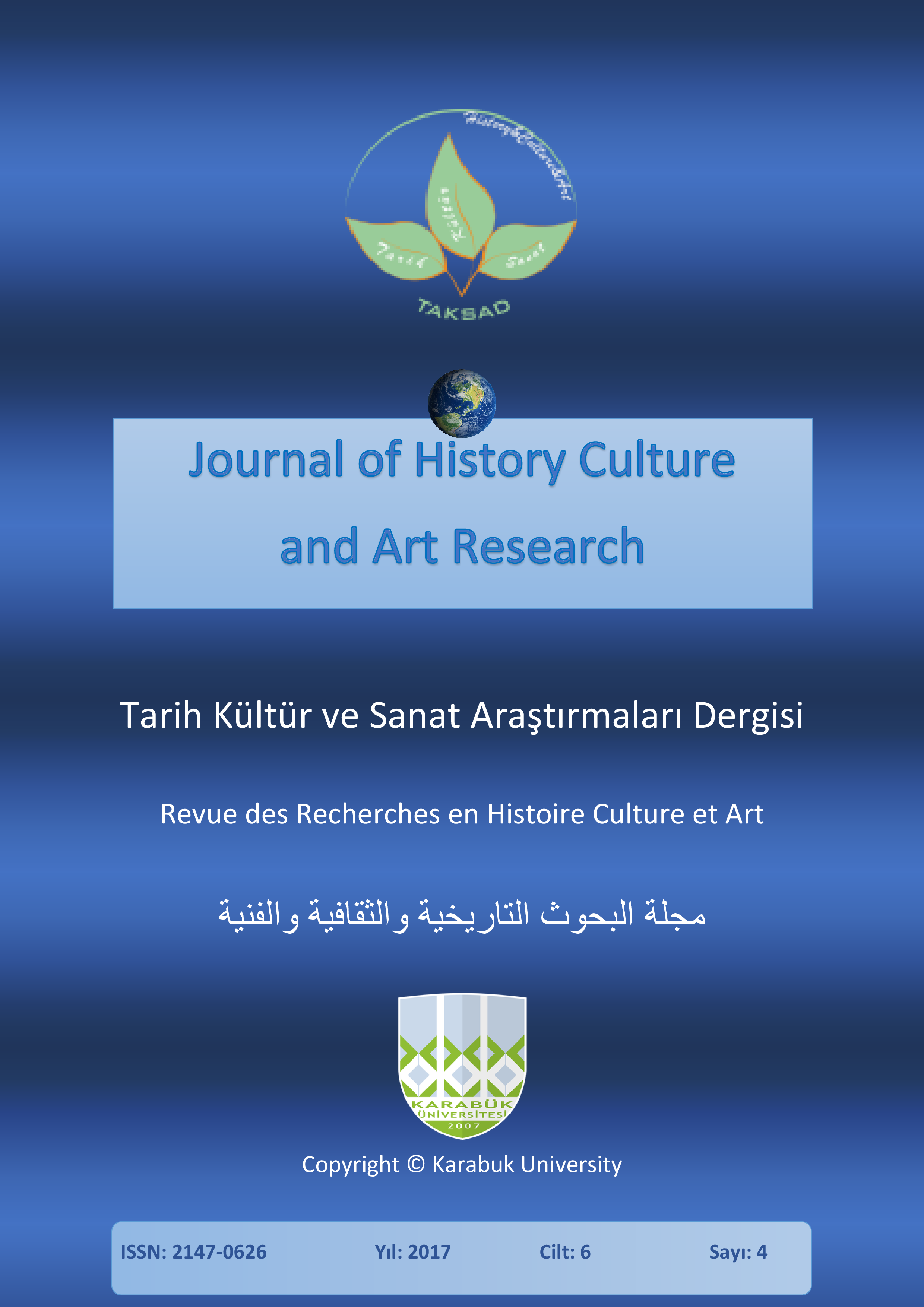Female Nomina Professionalia in Russian Vocabulary of the 19th Century (Ssociolinguistic Analysis)
DOI:
https://doi.org/10.7596/taksad.v6i4.1187Keywords:
Lexeme, Theory of nomination, Nomina professionalia, Feminative, Agentive.Abstract
The authors focus on female nomina professionalia, which existed in Russian language of the 19th century. The appeal to this group of feminatives is determined by the fact that at that date they constituted an actual, actively replenishing lexical category. That was caused by changes in the socio-cultural life of the 19th century. The article analyzes the basic derivational models that produce nomina professionalia, traces the dynamics of such names throughout the 19th century, which is conditioned by extra-linguistic reasons.
References
Eremenko, O. I. (2004). Main trends in the development of nomina feminina category in the modern Russian language. Russian language: historical destinies and the present: materials of the IInd International Congress of Russian language researchers, pp. 275-276.
Naughton, T. J. (1988). Effect of Female-Linked Job Titles on Job Evaluation Ratings. Journal of Management, 14(4), 567-578.
Arkhanhelska, A. (2013). Gender-Sensitive Slavonic Languages Reform and the Tasks of Linguo-Ecology. Slavia – časopis pro slovanskou filologii, 1, 3-14.
Arkhangelskaya, T. (2013). Feminine neologization in modern Polish language: pro and contra. In Rossica Olomucensia, Vol. LII, Časopis pro ruskou a slovanskou filologii, 1, 13–20.
Vasilyeva, A. S. (2016). The names of females in Russian language at the end of the XXth - beginning of the XXIst century: semantics, structure, functioning. Author's abstract. Dis. ... of philol. Science candidate.
Markežič, T. (2015). Manjšalnice feminativov v SSKJ in korpusu Gigafida. In Manjšalnice v slovanskih jezikih: oblika in vloga / 16 mednarodna znanstvena konferenca Komisije za besedotvorje pri Mednarodnem slavističnem komiteju (pp. 42-44). Maribor: Slavistično društvo.
Prisnaya, L. L. & Rukavitsyna, O. N. (2014). The functions of word formation in the process of language communication. Scientific bulletins of the Belgorod State University. Series: The humanities, 20(191), 35-41.
Petrov-Ennker, B. (1993). Women approach: about the origins of woman's emancipation in Russia. The issues of history, (3), 173-180.
Demicheva, V. V. (1995). The names of females in Russian literary language of the 18th century. Thesis of philology and science.
Vakhros, I. S. (1965). About the names of female persons as compared with the names of males. Helsinki.
Eremenko, O. I. (1998). Names of females in the Russian literary language of the 19th century. Thesis of philology and science.
Averyanova, A. P. (1960). Personal female nouns with the suffix -sh(а). Philology and sciences, 1.
Dementiyev, A. A. (1954). About female correspondences with masculine ones in the names of characters. Russian language at school, 6.
Shansky, N. M. (1959). From the history of Russian word formation. About the word-formative relations and the origin of the suffix -sh(а). Russian language at the national school, 4.
Essays on the historical grammar of the Russian literary language of the 19th century (1964). Changes in the word-formation and the forms of a noun and an adjective. M.
Demicheva V. V. (1998). Female nominations - new words in the language of the 18th century. The semantics of language units, 2, 12-15.
Formanowicz, M.; Bedynska, S.; Cisłak, A.; Braun, F. & Sczesny, S. (2013). Side effects of gender-fair language: How feminine job titles influence the evaluation of female applicants. European Journal of Social Psychology, 43(1), 62–71.
Formanowicz, M. & Sczesny, S. (2014). Gender-Fair Language and Professional Self-Reference: The Case of Female Psychologists in Polish. Journal of Mixed Methods Research, 10(1), 1–18.
Budziszewska, M.; Hansen, K. & Bilewicz, M. (2014). Backlash Over Gender-Fair Language: The Impact of Feminine Job Titles on Men’s and Women’s Perception of Women. Journal of Language and Social Psychology, 111(6), 1–11.
Lipovsky, C. (2014). Gender-specification and occupational nouns: has linguistic change occurred in job advertisements since the French feminisation reforms? Gender and Language, 8(3), 361–392.
Downloads
How to Cite
Issue
Section
License
All papers licensed under Creative Commons 4.0 CC-BY.- Share — copy and redistribute the material in any medium or format
- Adapt — remix, transform, and build upon the material for any purpose, even commercially.
Under the following terms:
Attribution — You must give appropriate credit, provide a link to the license, and indicate if changes were made. You may do so in any reasonable manner, but not in any way that suggests the licensor endorses you or your use.
- No additional restrictions — You may not apply legal terms or technological measures that legally restrict others from doing anything the license permits.







